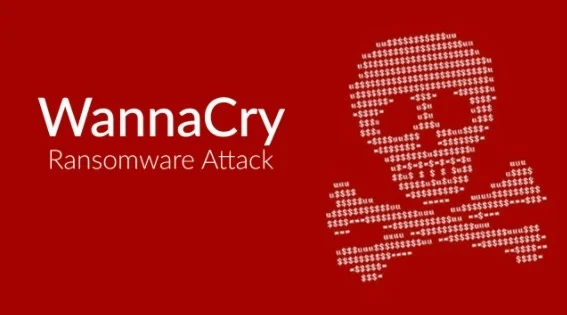Cheap out? Not in these three places
By Laura Haight
Originally published as The Digital Maven in Upstate Business Journal
Every “yes” has an equal “no”.
Sure, we have all been inculcated with trite positivism like: “Never say never”, “Have a can-do attitude”, and “There’s no such word as ‘No’”. But those are slogans and business is real life.
Choosing to spend time on one aspect of the business means a reactive decision not to spend time on another. This awkward balancing act is just part of each business’s daily juggle.
A lot of small businesses find a Solomon-like way of splitting the baby when it comes to technology: Use free stuff. I am a big fan of free stuff. But there are places where, as a business, free is not such a good deal.
Here are three places where the decision to cheap out could be hurting your business.
Virus and malware software
While virus and malware software don’t seem expensive on the face of it ($28 per year? Big deal), the cost adds up when you have multiple computers to protect. But this is not a good place to look to cut a few bucks out of the operating budget.
Free versions offer the bare bones of protection with no company capabilities. And what you gain from a cost basis, you pay back in a level of uncertainty. Free software is a standalone product for each machine. The only way to know it’s running, that downloads are occurring as expected, and whether or not there have been any viruses or malware found, is to sit down at that machine and look. Given the state of security today and the mobility of the workforce, those limitations leave companies very exposed.
In business-class versions, you have the ability to manage the software, see results at a glance, and configure policies that can make the virus software work effectively in diverse departments with different schedules. In its 2017 report on cybersecurity, Cisco noted that 95 percent of all the malware it analyzed was less than 24 hours old.
That makes advanced detection capabilities available in some business-class versions even more significant. Free versions are based on known viruses or malware. Behavior-based malware detection, on the other hand, evaluates an object based its “potential.”
Internet routers
You could make a case for not even using a consumer-level router in your home; but you definitely don’t want one as the primary line of defense for your business. A consumer router has limited configuration options and is used primarily to distribute a WiFi signal. There are probably three available ports to connect a network hub or switch, or other peripheral device. But few controls.
Your business needs more. The biggest difference here, again, is management and the ability to control access to certain ports or services, to create virtual local networks (VLANS) so traffic can flow freely within workgroups while securing unrelated groups, to create and manage network identifiers (SSIDs), and to provide reports of attempted incursions.
A big part of IT management is reviewing security logs. These can tell you if your network is being “pinged” or tested. Sometimes this is normal function; but an abnormal amount of network activity is often a sign of hackers testing your security. Security logs can identify these efforts, so you can proactively monitor and potentially prevent an exposure.
Support
Does your ‘yes’ to hiring a new salesperson mean ‘no’ to finding a good IT provider? Most of us have been led down a garden path by slogans like “plug and play”. We’ve come to believe that running computers in your business is just like having a home computer or network. (In reality, a good number of those computers and networks may have been hacked already.)
You would not trust your sales effort to “Aunt Mary’s son who goes to Clemson”, and yet many businesses do just that with their technology. All IT providers are not created equal and one is not ‘just as good’ as another. Your security suite and network hardware require management. More importantly, they require proactive review and action on the part of experience and responsible IT provider.
Technology is integral to your business: Sales can’t happen without it, fulfillment can’t happen without it, accounting can’t happen without it. Say ‘yes’ to valuing its importance.













